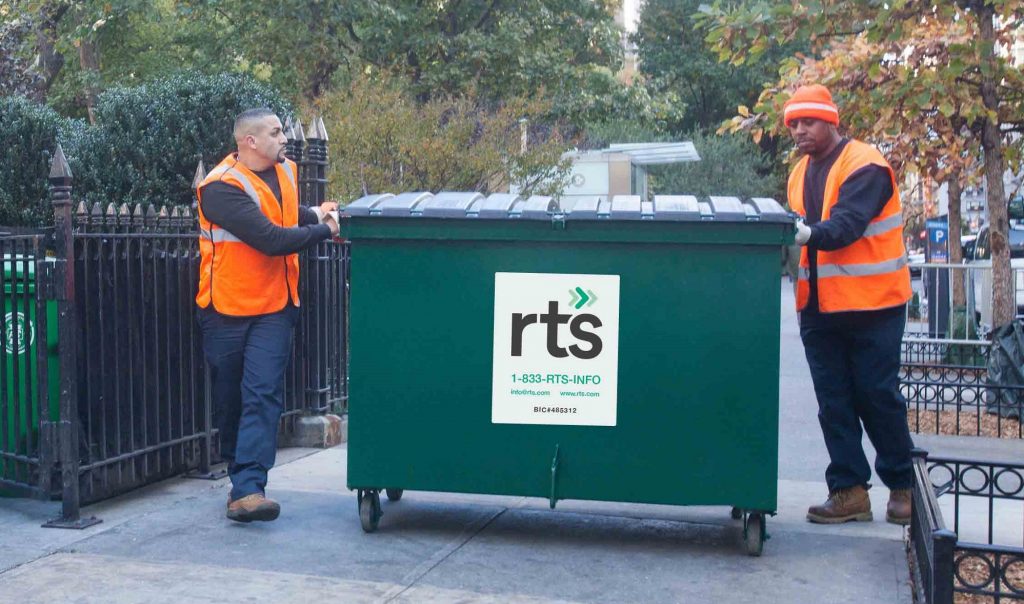Increasingly stringent measures to contain the virus are disrupting the global economy and changing daily routines. Schools are closing and travel has been restricted, businesses are shutting their doors and individuals are being advised to stay home.
However, while the world is taking necessary precautions, essential services and facilities need to remain open. Grocery stores and pharmacies, gas stations and public transport, clinics and hospitals, and of course, service providers such as electricity, water, gas, and waste management.
In particular, without effective waste management services operating as close to “normal” as possible, there are concerns that other health issues may arise from unprocessed waste left uncollected. To help avoid this kind of situation, here we run through some general guidance on the latest official advice, how to protect waste management workers, and how to ensure the industry can continue to be effective.
Dealing with MSW and other waste
Both the Solid Waste Management Association of North America (SWANA) and the National Waste and Recycling Association (NWRA) have released guidance on the unfolding issue, with SWANA also indicating that there is little evidence to suggest an elevated risk to workers in the industry. The virus is thought to spread through respiratory droplets, and while it may be possible to contract it from surfaces, it is generally reported that sustained human-to-human transmission is required.
Currently, COVID-19 is not considered to be a Category A infectious substance, i.e. a substance likely to cause “permanent disability, life-threatening or fatal disease in otherwise healthy humans”. This means that most waste, with the exception of medical waste, can be dealt with normally. However, any Municipal Solid Waste (MSW) that is believed to be infected should be treated as medical waste and disposed of in the correct manner.
For waste from households or businesses that have been linked with infection, waste should be managed as it typically would with normal flu. No special precautions have been advised and until the local health department or government states otherwise, this approach is sufficient.
General guidance for businesses and waste management workers
Much of the general guidance for businesses and waste management workers follows the same pattern as that given to the general public. When dealing with any waste, the usual precautions should be taken, these include:
- Wearing gloves when handling any type of waste
- Washing hands with hot water and soap after handling waste or containers
- Disinfecting surfaces and other areas used to hold waste
- Disposing of waste quickly and effectively in the correct containers
- Disposing of personal protective equipment (PPE) in the correct containers (only grossly contaminated PPE should be classed as medical waste)
Finally, waste management during a global health crisis needs to take precautions. While workers are not considered to be vulnerable from exposure to general waste at the moment, this may change, and ensuring your business is doing its part to minimize the outbreak by carefully and correctly disposing of all types of waste remains important.
As more people are required to stay home, municipal waste management needs are likely to change quickly, and property managers will be required to increase collections as more waste is generated. Any businesses that remain open are also likely to require more robust waste management services, including a higher frequency of collection. To ensure the industry can meet this fast-changing situation, everyone must do their part.
For more information on how your business or building can ensure the safe disposal of waste, or for on-demand removal, contact us.

